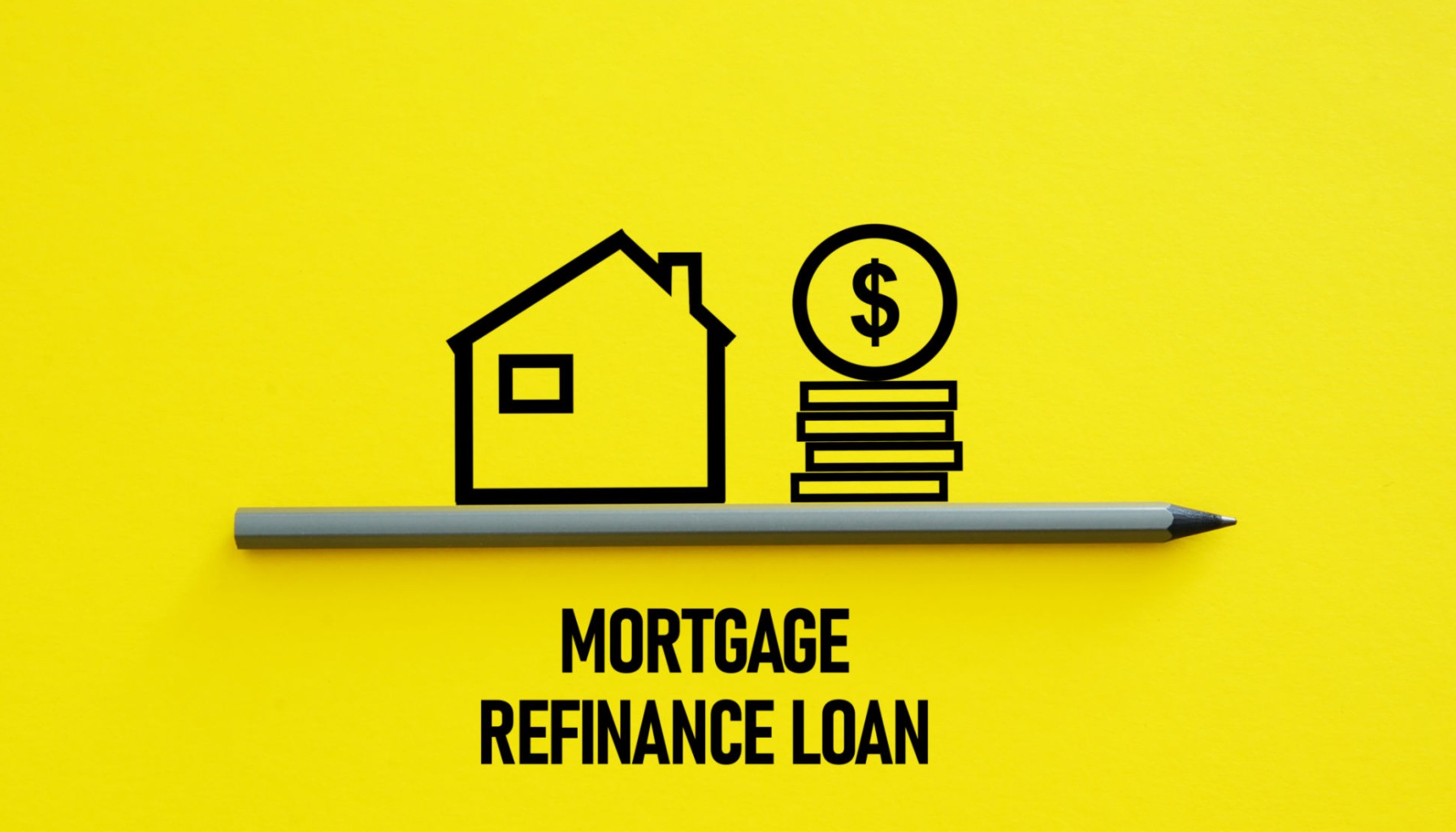Tapping Home Equity: Refinance or Home Equity Loan? A Mortgage Pro's Advice
For homeowners awaiting lower interest rates before refinancing, the current market can be frustrating. According to Scott Bridges, chief consumer direct lending production officer at Pennymac, tapping into your home equity might be a viable solution. But is a cash-out refinance or a home equity loan the best approach? This article provides insights on making informed decisions.
When to Refinance with High Interest Rates
If you're considering a cash-out refinance, it's crucial to have a clear purpose. "The key is what the purpose of the funds are and if that outweighs any closing costs or changes in rate or payment," explains Bridges. Avoid taking out cash simply because it's available.
Cash-Out Refinance vs. Home Equity Loan: Which to Choose?
In a high-interest rate environment, homeowners have two primary options for accessing home equity: a cash-out refinance or a home equity loan. The optimal choice depends on your existing mortgage rate and the intended use of the funds.
"If you have a historically low rate on your first mortgage, perhaps in the range of 2.75% to 4%, it will make more sense to get a home equity loan (second mortgage)," says Bridges. This strategy allows you to preserve your original low-rate loan while borrowing the additional amount needed at a separate rate.
A cash-out refinance replaces your existing mortgage with a new, larger loan. While you receive the difference in cash, the new loan will reflect current market interest rates. This could significantly increase your monthly payment.
How Much Equity Can You Access?
The amount of equity you can access depends on several factors, including the lender's requirements. According to Bridges, home equity is calculated as your home's current market value minus the outstanding balance on your mortgage. Lenders use measures like loan-to-value ratio (LTV) to determine how much equity you can access.
"Certain lender requirements, such as loan-to-value ratio (LTV), are measured to assess how much of your equity you can access," he said. A common guideline is to maintain a combined LTV below 80% to potentially avoid private mortgage insurance (PMI).
Smart Ways To Use Home Equity
- Paying down high-interest debt (e.g., credit cards).
- Making value-adding home renovations.
- Funding education or investing in an income property.
- Changing your loan term or removing mortgage insurance (if the numbers work).
- Getting a lower overall cost than you can with other credit options.
The Risks of Tapping Your Equity
While accessing home equity can be beneficial, Bridges emphasizes the importance of understanding the associated risks. The temptation to overspend can be significant. "A common pitfall after consolidating debt is viewing your new zero-balance credit cards as a source of spending and running them back up again," he warns. "Discipline is key — only spend what you can pay off each month."
Cash-out refinances also involve upfront closing costs. "Understanding these costs is the key to making sure the benefits of accessing your equity are worth it for you," explains Bridges.
If you're several years into your mortgage, ensure the loan structure doesn't restart the term to a 30-year clock. Custom terms can preserve the remaining amortization. "Companies such as Pennymac allow for custom terms, so if you had 23 years left on your old mortgage, we can start your new loan with a 23-year custom term," Bridges said.
Know When To Refi — and When To Wait
Refinancing or tapping home equity can be a smart financial move, but only when the numbers align with your situation. If you have a historically low mortgage rate, a home equity loan might be preferable. On the other hand, a cash-out refinance can be suitable for consolidating high-interest debt or funding value-creating expenses, provided the math works after accounting for closing costs and rate differences.
Before proceeding, carefully analyze the numbers, consider your long-term plans for the home, and establish a spending plan for any cash you withdraw.
 Visit the website
Visit the website





